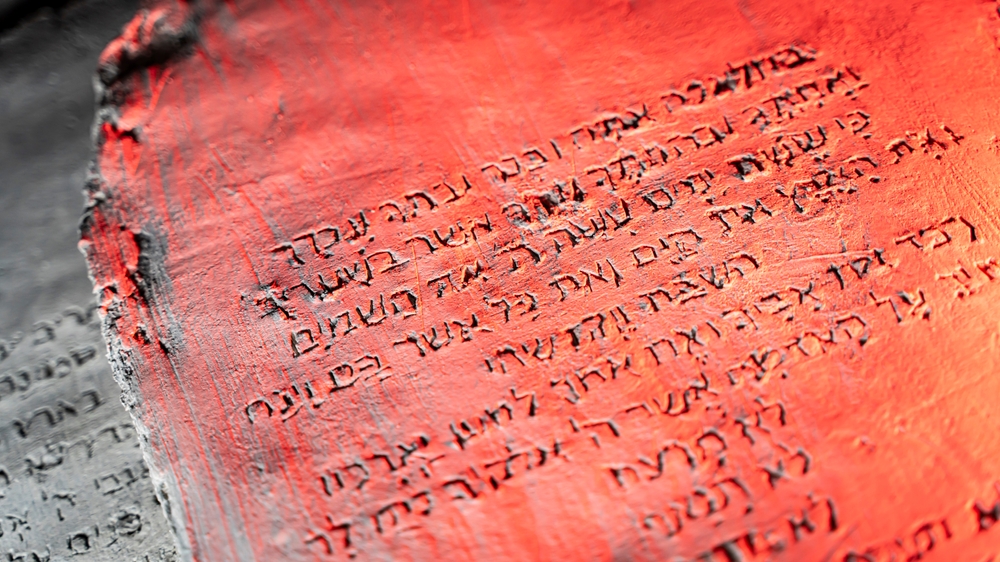The stone artifact was discovered in 1913 during railway construction.
Others are reading now
A 1,500-year-old tablet inscribed with the Ten Commandments is set to go up for auction at Sotheby’s in New York this December.
The stone artifact is written in paleo-Hebrew, and was discovered in 1913 during railway construction in what is now southern Israel.
It is believed to be the only complete tablet of its kind from the late Byzantine era, according to WP.
The tablet was initially overlooked. For nearly 30 years, it was used as a paving stone, exposing its inscriptions to foot traffic.
Also read
Include Only Nine of Ten Commandments
In 1943, a scholar purchased the artifact and recognized its significance as a Samaritan version of the Decalogue. Experts believe it was originally displayed in a synagogue or a private residence.
The stone features 20 lines of text, reflecting biblical verses familiar in Jewish and Christian traditions. However, this version includes only nine of the traditional Ten Commandments found in the Book of Exodus.
The missing commandment, which forbids taking God’s name in vain, is replaced by a directive to honor Mount Gerizim. This location is sacred to the Samaritans, a religious group with ancient ties to the region.
Richard Austin, head of books and manuscripts at Sotheby’s, described the tablet as a vital cultural artifact.
He said: “This extraordinary tablet connects us to the beliefs that shaped Western civilization. It offers a glimpse into humanity’s earliest moral codes and the shared heritage of diverse faiths.”
The auction will provide a rare chance for collectors and historians to acquire a significant piece of history.








